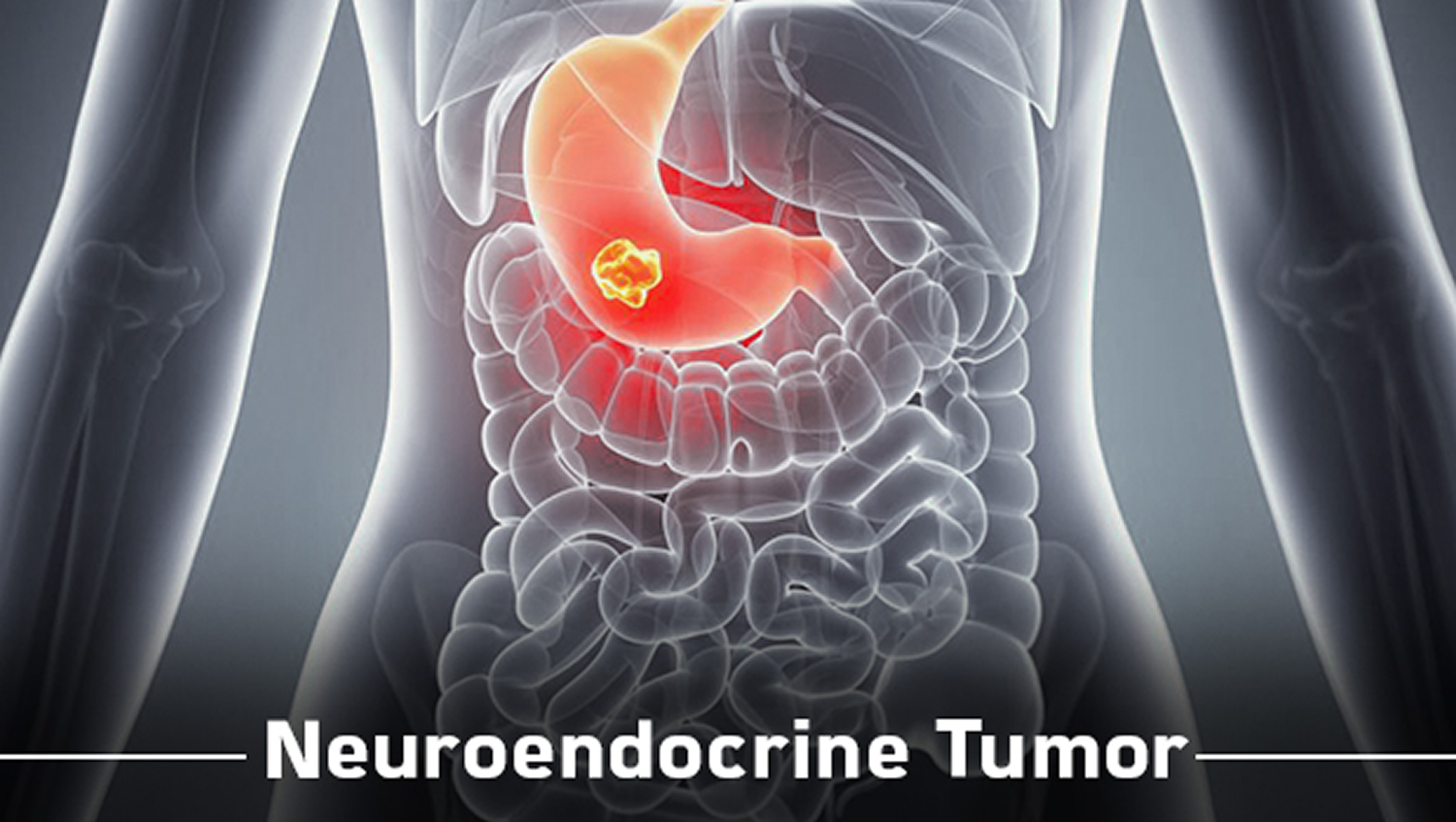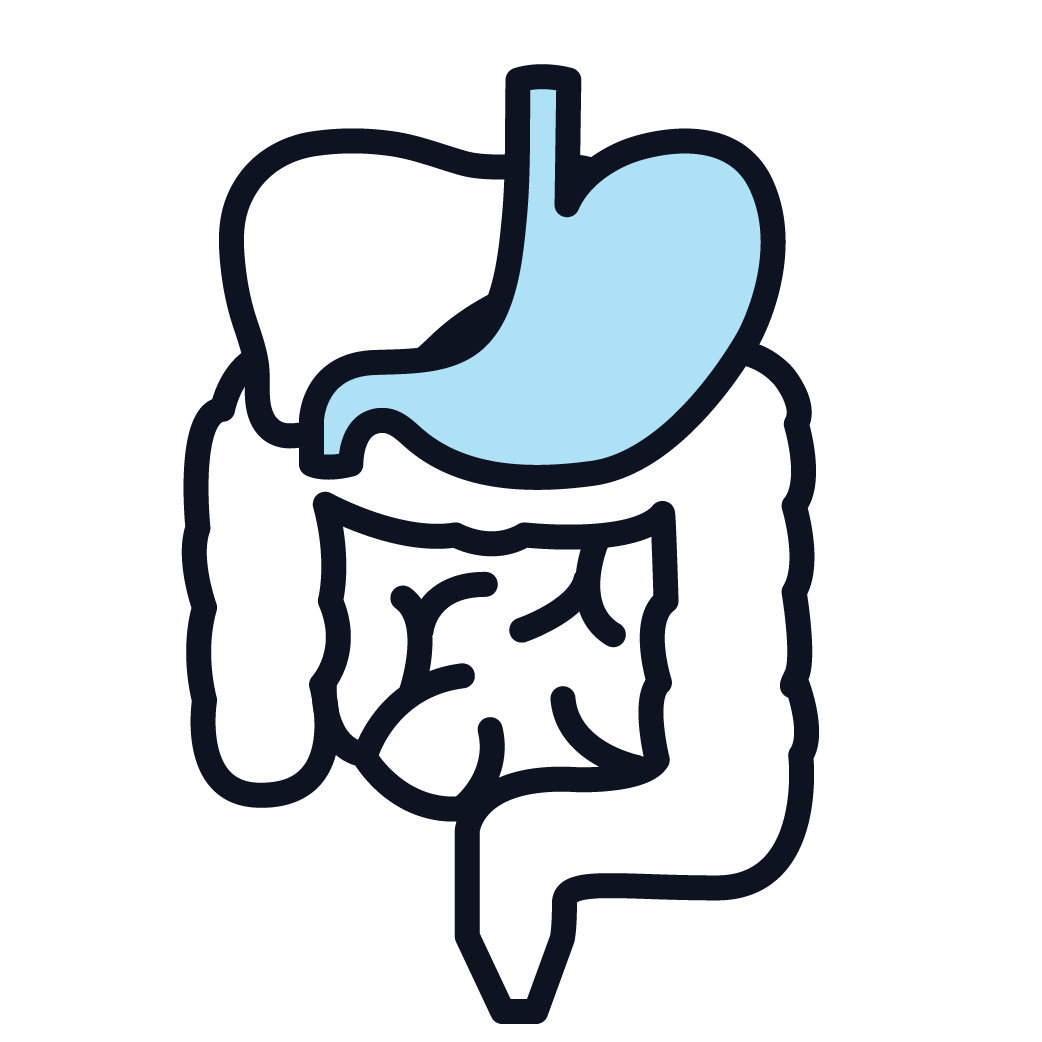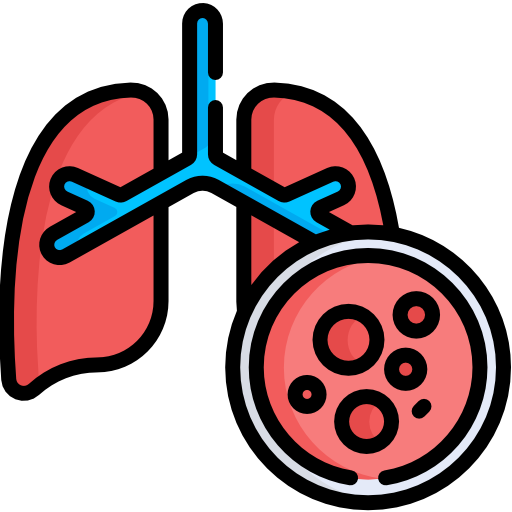Neuroendocrine Tumors are cancers that begin in specialized cells called neuroendocrine cells. Neuroendocrine cells have traits similar to those of nerve cells and hormone-producing cells.
Neuroendocrine Tumors are rare and can occur anywhere in the body. Most Neuroendocrine Tumors occur in the lungs, appendix, small intestine, rectum and pancreas.
There are many types of Neuroendocrine Tumors. Some grow slowly and some grow very quickly. Some Neuroendocrine Tumors produce excess hormones (functional neuroendocrine tumors).




